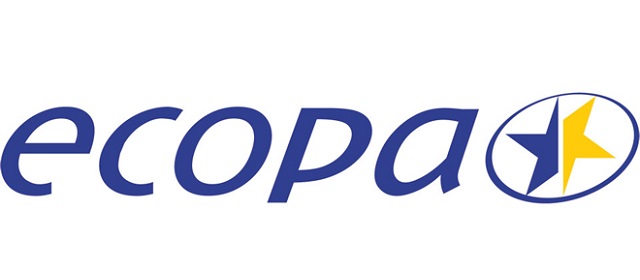[page_title]
ecopa is dissemination partner in the EU 6th and 7th Framework Programme projects carcinoGENOMICS, ESNATS and Sens-it-iv. Brief updates from these projects are provided below, and comprehensive 2010 progress reports are available at AXLR8.eu.
The carcinoGENOMICS project board met in Copenhagen, Denmark on 9-10 September to identify next steps to be completed leading up to the end of the project in 2011. As mentioned in previous ecopa messenger, the May workshop ‘Testing first project results on the target audience: regulators’ was a success in terms of advice and feedback provided to project partners by regulatory participants. The next annual consortium meeting will take place in Arona, Italy from 8-10 November. There are considerations to plan for an additional dissemination workshop in UK in early 2011 in conjunction with the annual congress of the Netherlands or British Toxicology Society.
The Embryonic Stem cell-based Novel Alternative Testing Strategies (ESNATS) project held its general consortium meeting on 26-28 April at the Joint Research Centre in Ispra, Italy. The progress of sub-projects in the areas of reproductive toxicity, neurotoxicity, ESC-based toxicogenomics and toxicoproteomics signatures, and toxicokinetics, metabolism and modelling was presented, and detailed discussions followed regarding the ESNATS database, testing strategy, current status of cell systems, culturing and quality control issues, and protocol scale-up/automation. The second annual ESNATS “summer school” was held in Tallinn, Estonia from 19-23 September 2010. The next ESNATS workshop is planned for March 2011.
The Sens-it-iv consortium is hosting a congress marking the official closure of this EU funded project on 24-25 November 24-25 at the Crowne Plaza Brussels Airport Hotel. The objective is to actively stimulate the transfer and implementation of knowledge acquired and tools developed by the consortium in the areas of skin and respiratory sensitisation through discussion and a market place of innovation. Topics to be covered include (i) novel opportunities for test development (Scientific Spin-offs), (ii) promising immature tests, (iii) the Sens-it-iv tool box, (iv) mechanisms of action, (v) impact of the Sens-it-iv progress on current allergy testing and regulation, and (vi) gaps and future perspectives. Programme and registration details will be posted at Sens-it-iv.
